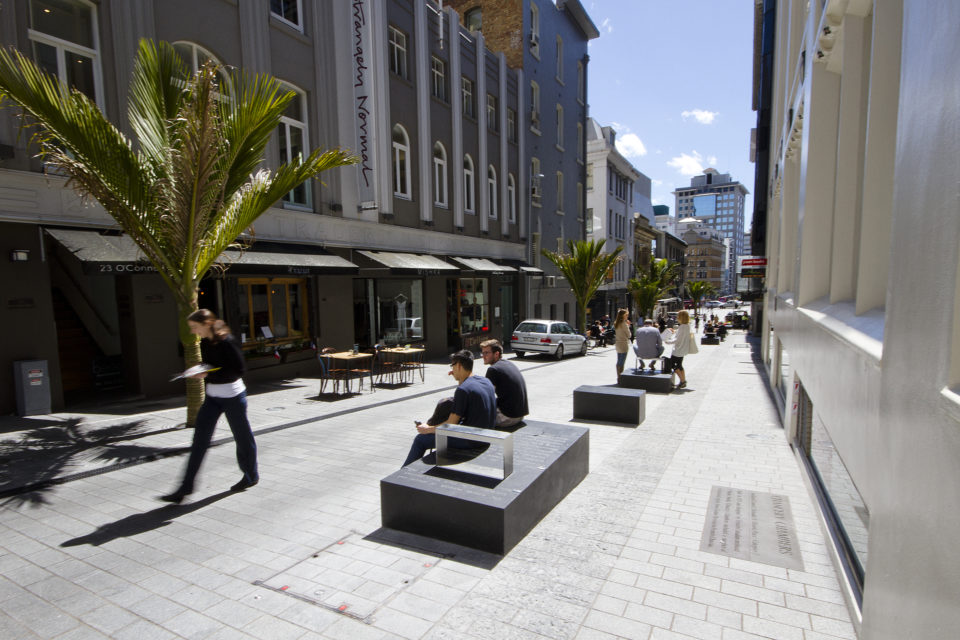By Dr Jean Drage.
The three waters debate is the latest in the ongoing friction that continues to play out between the two levels of government in this country; one of which has a great deal more power than the other. As in earlier disputes, the ebbs and flows of this relationship are again reaching a high tide mark.
This stoush between central and local government over the three waters proposal appears to have come to an impasse now that councils have finally found their voice in the face of what appears to be an increasingly inflexible central government position.
So will this be resolved? Or will we have a repeat of the 1989 revolutionary reforms that restructured our local councils, or the 2010 reorganisation in the Auckland region when the Ministers of Local Government (at the time) decided to act?
The political relationship between local and central government has rarely been easy. Despite local councils’ best efforts to work with central government, history records a political environment in which central government (and its advisors) have often treated local government as the annoying younger sibling that it can’t control, so it is ridiculed and dismissed.
True, there have been periods of significant collaboration between these two levels of government particularly in the first decade of the 21st century. At this time, the empowerment focus of new local government legislation, alongside a limited power of general competence, was a first step towards a degree of power sharing. A further step forward was the Central/Local Government Forum chaired by the Prime Minister at the time which worked on developing a relationship that acknowledges local government’s contribution and the increasing dependence that central government has on our local councils to achieve policy outcomes.
But, many of these gains have been undermined since then through continual challenges to and increased intervention in the autonomy of local government (remember Ecan’s 10 years in the political wilderness); ongoing funding inequities (despite the recommendations from three major funding reviews); and central government’s reluctance to work in partnership with local government on solutions to current policy concerns (such as climate change).
It is only when local councils show a united and strong front that central government has taken a step backwards as seen when the 2016 amendment to the Local Government Act was shelved.
The reality is that we need our system of representative democracy to work and to work well. New Zealand’s highly centralised political system means we need a viable system of local government to ensure power is spread and accountability occurs.
Colin Copus (prominent British political scientist and academic) succinctly reminds us that local government ‘is a vital element of a functioning democracy in which central power is balanced with local autonomy and independence, and in which citizens can participate and control those aspects of local political life closest to their interests and concerns’.
While we clearly need a long-term solution to the standards and management of water across the country, surely there is a better way of coming to this than the current impasse.
Are there no other options on the table? How can quality be guaranteed within current local government structures? Is cost the major determinant of underinvestment in water infrastructure? Has central government funding of this infrastructure ever been considered?
Local government, as a democratically elected and accountable level of government, has every right to ask such questions (and more) and insist it is part of the decisions ultimately made here.
Surely solutions are more likely through a ‘whole of government’ approach where both levels of government sit equally at the table to work together. A collaborative and respectful relationship is a first step forward here and one that could be a regular part of the policy programme that requires both tiers of government to work together regularly
on common solutions to today’s major issues. LG
Dr Jean Drage has long term research interests in local government and politics, particularly issues of representation and participation. She has published extensively, her most recent publications including a co-edited book, Local Government in New Zealand: Challenges and Choices, 2016 and Strengthening Local Voices, a Policy Observatory Report, Auckland University of Technology, 2018.



